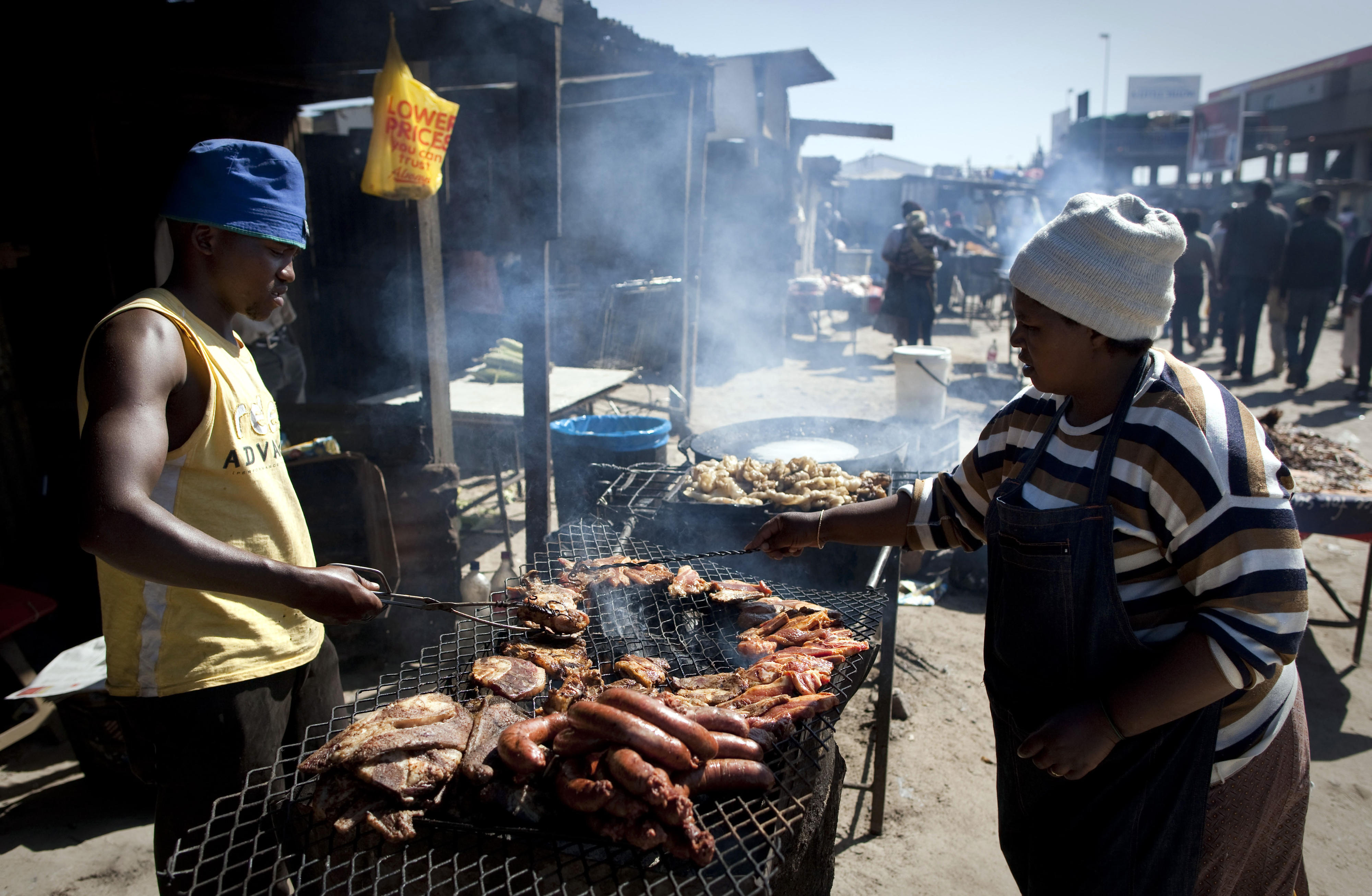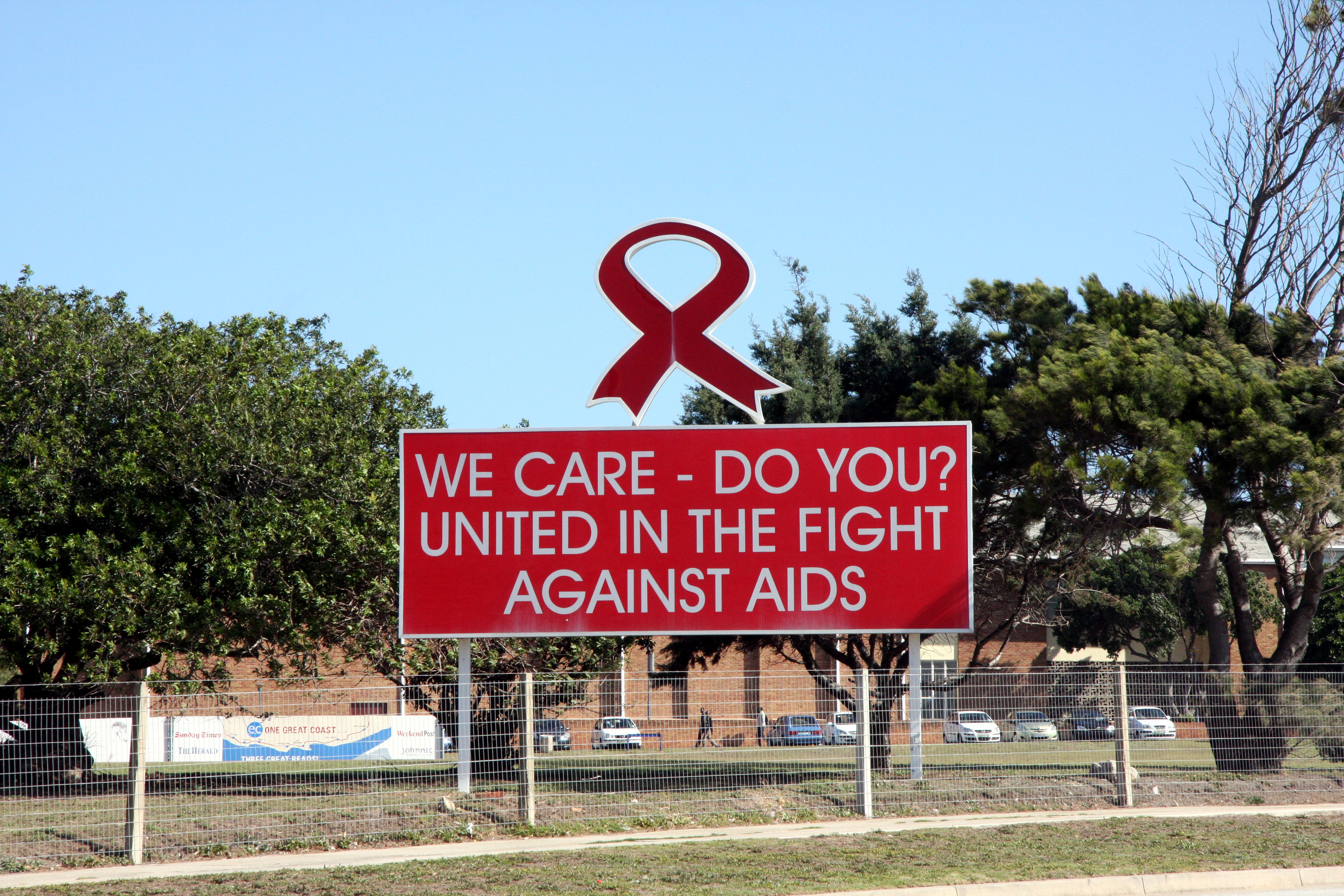Social situation Rift between rich and poor
People in a slum on the outskirts of Cape Town
Social cohesion is getting weaker, and crime is alarmingly high compared with other countries, especially when it comes to gender-based violence. South Africa has one of the world's highest rates of murder and rape.
Poverty and unemployment
The National Development Plan (External link) adopted in 2012, which covers the period up to 2030, has laid down the goal of eradicating poverty and social inequality. However, according to estimates, more than 60 per cent of the people still live below the poverty line. Poverty affects the black population worst. Few other countries have such pronounced disparities of wealth and income as South Africa. The situation has been further exacerbated by the effects of the COVID-19 pandemic and the price increases in raw materials, energy and food resulting from Russia's war of aggression against Ukraine.
The unemployment rate is extremely high. According to World Bank figures, it was 28 per cent in 2023. The rate for the first half of 2024 published by Statistics South Africa was about 33 per cent. As many as one in two young people aged 15 to 24 is out of work, according to the World Bank.
Land ownership unevenly distributed
Despite remarkable progress being achieved on water, energy and basic housing provision, there are still areas where public services fall below standard. This is particularly true of areas where the black population lives, the former homelands and townships.
The country has been striving for many years to carry out comprehensive land reforms that will benefit the majority black population; the plan, however, is making slow progress. Most fertile farmland is still in the hands of white farmers.
High HIV prevalence
Sign of an AIDS prevention campaign at the Nelson Mandela Metropolitan University in Port Elizabeth, South Africa
The spread of HIV is a major problem for South Africa's society and economy. The infection rate is one of the highest in the world. Some 7.7 million children and adults have been infected with HIV. The share of women in this group is significantly higher than that of men. Among adults aged 15 to 49 years, the HIV infection rate is 17.8 per cent.
Shortcomings in healthcare and the indecisive HIV/AIDS policy the government pursued for many years are considered to have contributed to the massive social and health challenges. Serious efforts to tackle HIV only began a few years ago. South Africa now has a comprehensive antiretroviral therapy programme, in which special drugs are dispensed in order to slow or prevent the onset of AIDS. Three quarters of those infected now have access to such medication according to UNAIDS data.
The improvements in prevention and treatment have delivered benefits. New cases of HIV fell by 58 per cent between 2010 and 2023 and there were 66 per cent fewer deaths from AIDS. Mother-to-child transmission of HIV has also decreased.
As at: 27/11/2024

